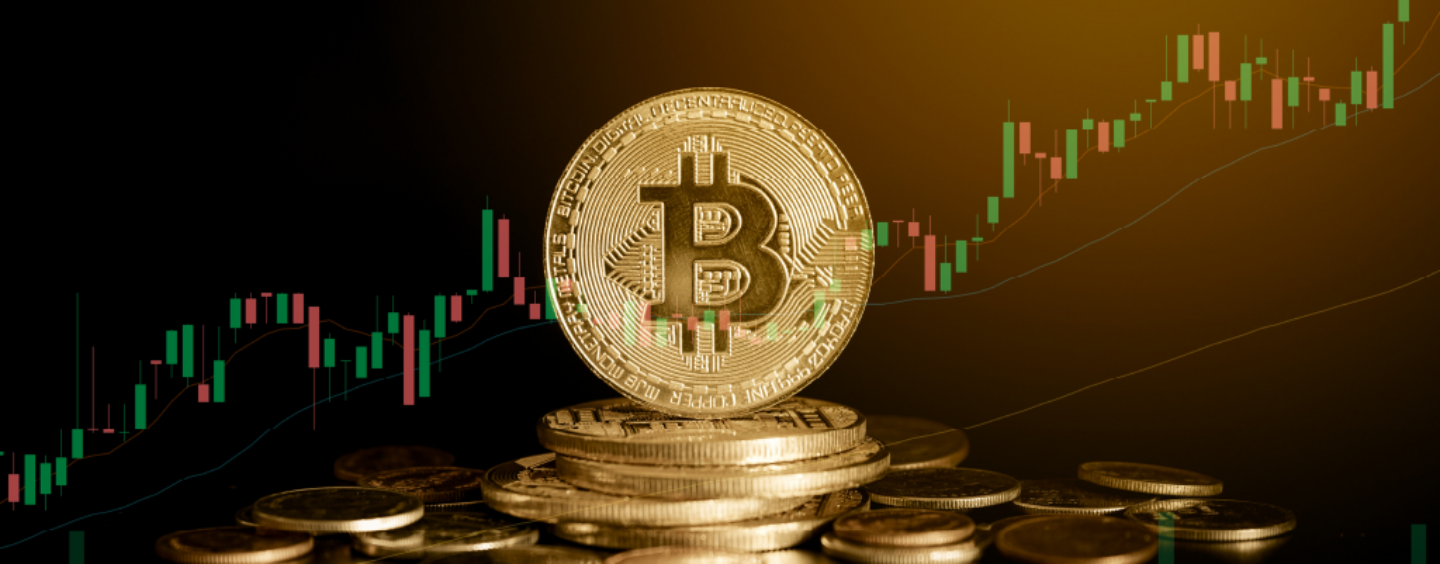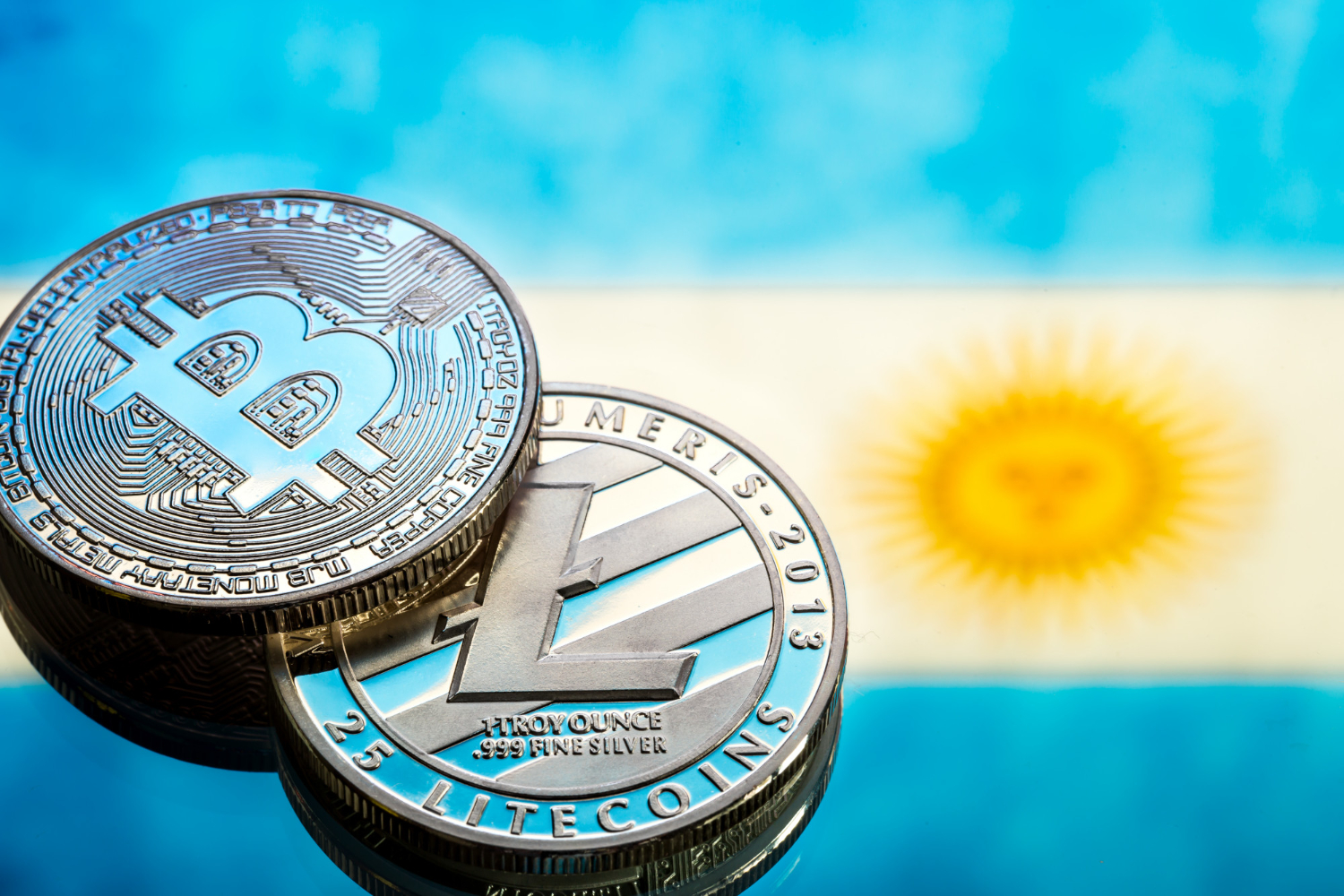Bitcoin, the world’s first and most widely-recognized cryptocurrency, has gained a reputation for being a volatile and risky investment. However, in certain economies around the world, Bitcoin is being embraced as a useful tool that is allowing for financial stability and economic growth to continue despite unpredictable financial uncertainty.
The recent collapse of exchange platform FTX and the 200 percent decline in the global cryptocurrency market has significantly dented confidence in Bitcoin again among speculative investors.
But in many parts of the developing world, where volatile local economies have been upended by political or social instability, inflationary tactics and unreliable currency valuations, Bitcoin in particular has emerged as a potential ‘safe haven’ asset.
Let’s look at some of the developing economies that have relied on a cryptocurrency like Bitcoin amidst deteriorating local currency situations and flat out economic crises.
Latin American countries, perhaps more accustomed to wildly fluctuating currency valuations, figure prominently among nations that have embraced a cryptocurrency like Bitcoin to fill in economic gaps where the regional currency lacks.
For instance, Argentina has an annual inflation rate of 88 percent. With inflation soaring, Argentina is a country featuring one of the highest volumes of cryptocurrency transactions, with an estimated 17 percent of Argentina’s citizens using Bitcoin and others to make everyday transactions, according to Argentine newspaper La Nación.
And El Salvador became well known last year as the first country to adopt Bitcoin as legal tender. In spite of cryptocurrency tailwinds that have tanked the country’s alleged US$100-300 million investment (estimated to now be worth less than US$40 million, based on prevailing crypto market prices), El Salvador’s president continues to believe that the crypto market will eventually rally and the public investment in Bitcoin will pay off handsomely, eventually.
In Ecuador, the government has taken a strong stance against Bitcoin, banning the cryptocurrency outright in 2014. However, despite this official stance, Bitcoin has still found a way to thrive in the country.
Ecuador’s economy has long been plagued by high inflation and currency instability, and many citizens have turned to Bitcoin as a way to protect their wealth. In addition, the country’s unstable banking system has made it difficult for many people to access financial services, leading some to turn to Bitcoin as an alternative.
But it is not just in Latin America where such change has been felt – any country with a destabilised local economy has the possibility of adopting crypto as an alternative. In Lebanon, the ongoing economic crisis has led to widespread protests and political instability. The country’s currency, the Lebanese pound, has lost a significant amount of value, leading many to seek out alternatives.
Bitcoin has emerged as one potential solution, as it allows people to store their wealth in a decentralised digital cryptocurrency that is not tied to any specific country or government. In addition, Bitcoin’s peer-to-peer nature makes it easier for people to send and receive money without relying on traditional financial institutions.
Venezuela is another country where Bitcoin has gained a foothold, thanks in large part to the country’s ongoing economic crisis. The Venezuelan bolivar, the country’s official currency, has been ravaged by hyperinflation, making it nearly worthless.
As a result, many people in Venezuela have turned to Bitcoin as a way to store their funds and make financial transactions. In addition, Bitcoin mining, the process of verifying and adding transactions to the Bitcoin blockchain, has become a popular way for people to earn an income in Venezuela.
So why is Bitcoin proving to be so useful in these economies? One reason is that it provides a way for people to protect their wealth from inflation and currency instability. Inflation can erode the value of traditional fiat currencies, making it difficult for people to maintain their purchasing power. Bitcoin, on the other hand, has a limited supply of 21 million coins, which helps to protect against inflation.
Another reason Bitcoin has been successful in these economies is that it provides a way for people to access financial services. In countries where the traditional financial system is unstable or unavailable, Bitcoin can provide a way for people to send and receive money, make online purchases, and even access loans.
For example, in Lebanon, where traditional financial institutions have struggled to stay afloat, Bitcoin has emerged as a way for people to access the global financial system.
Finally, Bitcoin has the potential to stimulate economic growth in these countries. In Ecuador, the use of Bitcoin has helped to create new jobs and business opportunities, as more and more people become involved in the cryptocurrency industry. Similarly, in Venezuela, Bitcoin mining has provided a source of income for many people and has helped to stimulate the local economy.
While Bitcoin may be seen as a risky and volatile investment in some parts of the world, but in countries like Ecuador, Lebanon, and Venezuela, it is proving to be a valuable tool for financial stability and economic growth.
Its decentralised nature, ability to protect against inflation, and ability to provide access to financial services make it an attractive alternative to traditional fiat currencies in these economies. As a result, Bitcoin is helping to create new opportunities and stimulate economic growth in these countries.
Featured image credit: Freepik
Image credits: Image by pvproductions & Image by master1305 on Freepik










